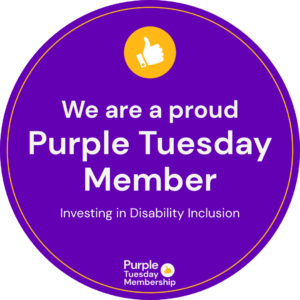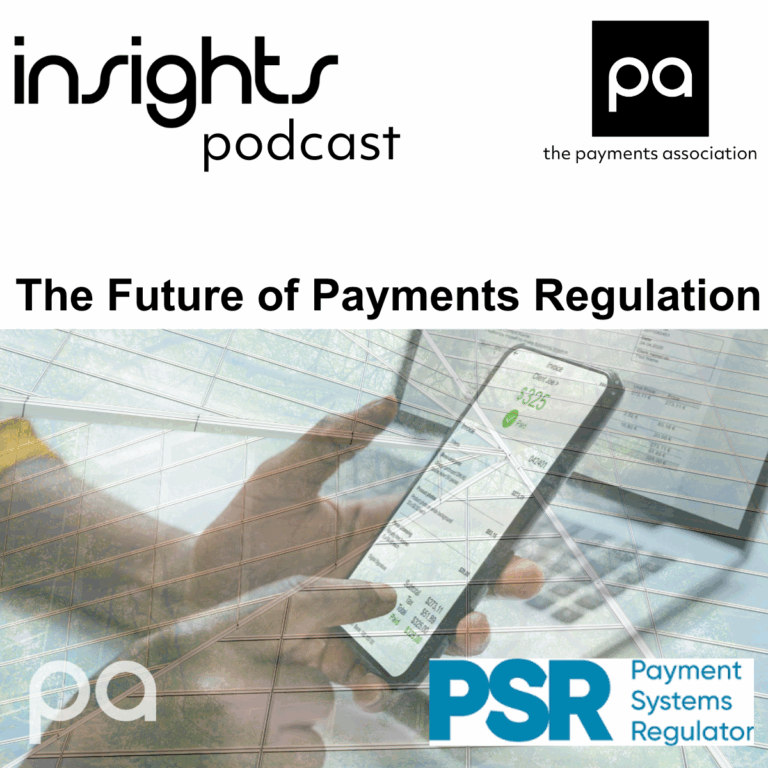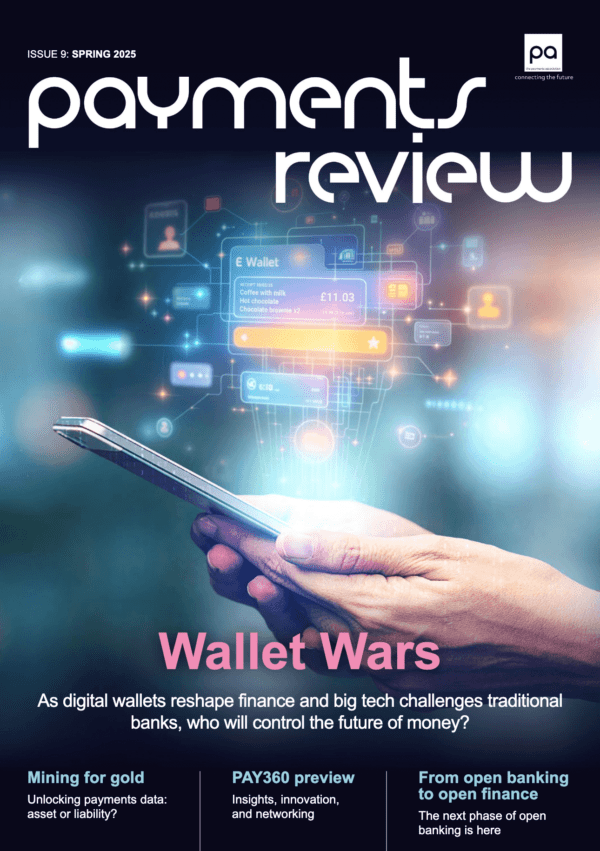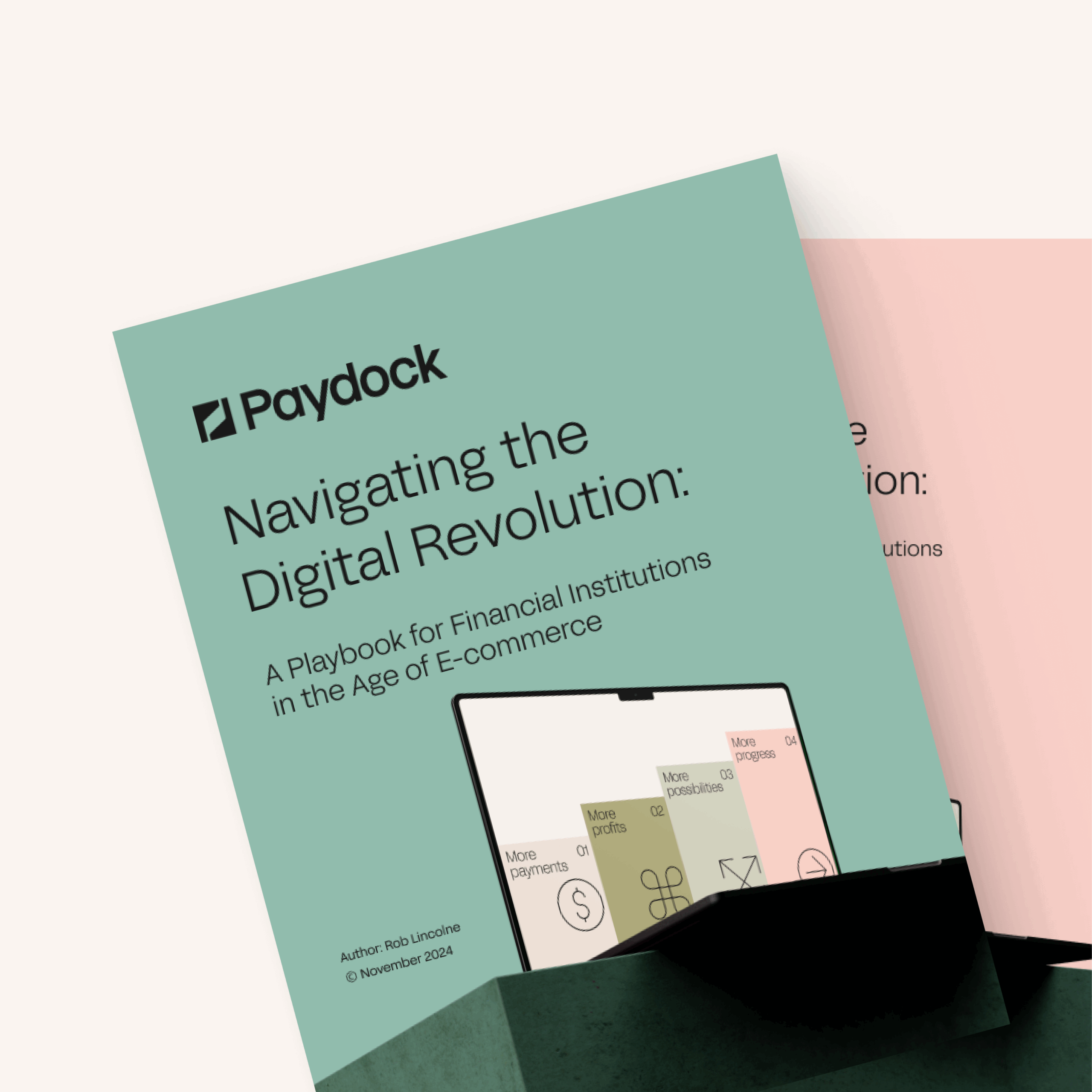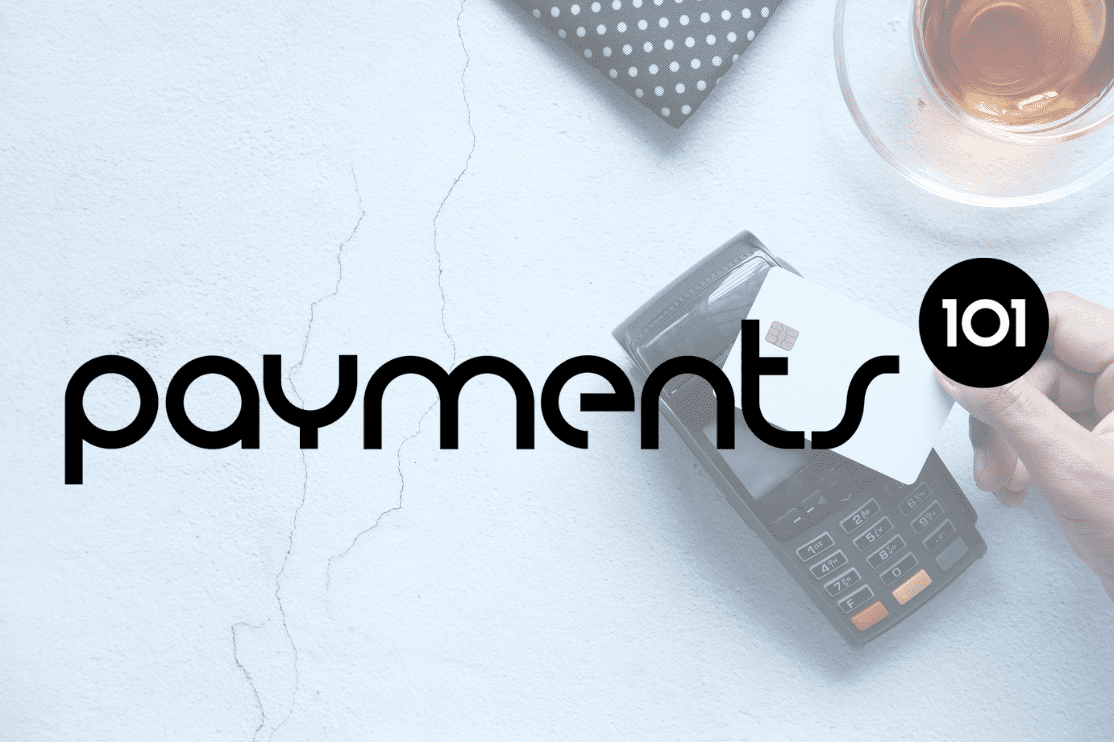What is this article about? The opportunities and challenges around atomic settlements, which could be an important innovation for the industry.
Why is this important? Industry professionals understand that atomic settlements present significant benefits, but the innovation remains at its infancy – they want to learn more about atomic settlements from their peers.
What’s next? Payment firms should engage with their peers and regulators on atomic settlements, to spark progress in this innovation.
With the payments industry driving towards faster and cheaper ways to transfer funds, attendees at a Payments Lab session discuss whether atomic settlement could be the next big thing.
Atomic settlements could reduce inefficiency through seamless and instant transactions. However, encrypting data in these payments will trigger close regulatory scrutiny, so the industry needs to find a core use case to push this innovation forward.
Atomic settlements allow simultaneous and irreversible transfers of assets or funds between parties. It operates on the principle that either the entire transaction succeeds or fails as a single, indivisible unit, eliminating the risk of partial or incomplete transactions.
This could enhance efficiency, reduce counterparty risk, and transform the way transactions are carried out, making it a focal point for innovation and disruption. But significant obstacles remain.
“There are going to be some clear benefits of implementing atomic settlements: reducing inefficiencies, removing third parties, reducing settlement risk and cost,” said Caroline Garner, technology consulting manager at Accenture, speaking at recent Payments Lab session hosted by The Payments Association.
Garner added: “But there will be challenges, particularly around regulation and interoperability.”
Regulation and interoperability
Industry executives frequently manage the tension between regulation and innovation – atomic settlements will present the same issue. Atomic settlements seek to remove the use of intermediaries in transactions and would not require disclosing the transaction on a public blockchain, increasing privacy.
While this may be favourable for users, it is likely to spark regulatory pushback to manage fraud and money laundering. Supervisory bodies could seek to manage this with new regulations to target these issues, however, these rules are likely to be overarching and require interpretation.
Payment professionals agree that should be wary of building unintended consequences into legislation, as well as consider any overlap with existing laws, for example, data protection laws that have conflicted with financial services regulation. This occurs when regulators are siloed and not working together on overlapping issues.
Not only should government look at its domestic regulation, but also consider how this might interact with laws and obligations of other jurisdictions to reduce compliance risks and regulatory burdens.
Paul Horlock, chief payments officer of Santander UK, said: “This is something the UK should be aware of when it’s looking at its own data laws, because it wants to make sure that everything works together to create a harmonious solution for the UK market.”
Considering interoperability with other jurisdictions’ infrastructure is also key. Atomic settlements will be far easier to deal with a domestic framework, while harmonisation at an international level will be a huge challenge, requiring treaties and infrastructure.
Payments firms also want the government to provide platforms for experimentation, like other ‘sandbox’ initiatives. Garner said: “More experimentation is needed in terms of seeing what works best and what works for the different environments, whether domestic or international.”
Finding a core use case for progress
Atomic settlements offer a string of benefits that should drive implementation, in theory, however, identifying a use case strong enough to spark adoption is difficult.
Steve Wright, VP of real-time payments at Mastercard, said: “Let’s find that killer use case.” He noted that changing consumer behaviour is very hard and the opportunities for atomic settlement will start in the corporate space.
He added: “They’re [corporates] the ones who are focused on lots of marginal gains because they roll up into big benefits. Corporates are happy to challenge some of their habits if there’s a number at the end of it.”
This innovation offers a way to change the payments industry, but key questions remain unanswered. Firms should engage with peers and regulators to identify ways to move forward – atomic settlements can be transformative within the right framework.

